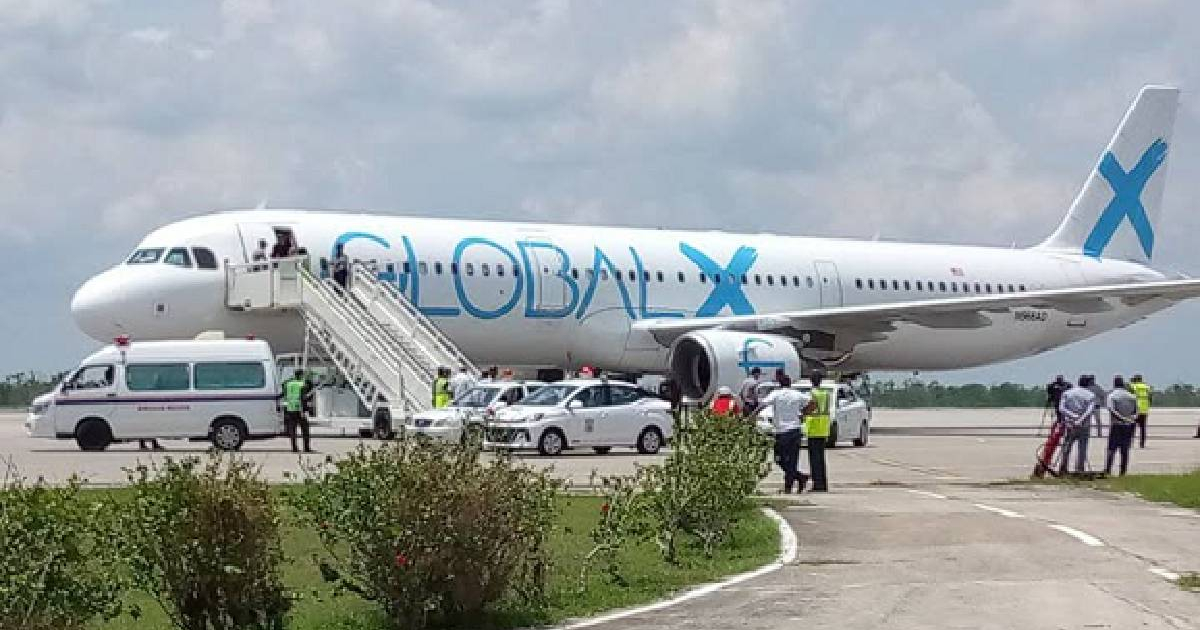A group of 130 Cuban migrants was sent back to Cuba from the United States on Friday, as reported by the Ministry of the Interior (MININT) through its official channels. This repatriation flight landed at José Martí International Airport. Among the returnees were 106 men and 24 women. Notably, five individuals were handed over to the criminal investigation authorities because they had been on parole when they left Cuba, complicating their legal standing under Cuban law, as stated in a report by the state-run portal Cubadebate.
This operation marks the fifth deportation flight from the U.S. this year, bringing the total number of individuals returned to Cuba in 2025 to 587 through 19 different operations across the region. The first deportation flight under the Trump administration took place on January 23, carrying 19 Cuban migrants from the Bahamas. A second flight departed on February 27 with 104 Cuban migrants deported from the U.S. On March 27, a third flight returned 60 Cuban migrants to Havana, and a fourth occurred on April 24 with 82 deported from the U.S.
The repatriations are part of bilateral migration agreements between Havana and Washington, aiming to discourage irregular departures from Cuba and encourage regular, safe, and orderly migration, as reiterated by Cuban authorities.
However, the regional and political landscape is increasingly fraught. President Donald Trump announced an indefinite suspension of the semi-annual migration talks with Cuba in April. Furthermore, on the same day as this deportation, the U.S. Supreme Court authorized the Trump administration to dismantle the humanitarian parole program (CHNV), which since 2022, allowed over 500,000 migrants from Cuba, Venezuela, Nicaragua, and Haiti to reside and work temporarily in the U.S.
The court's decision, which saw dissent from Justices Ketanji Brown Jackson and Sonia Sotomayor, could lead to a mass expulsion of individuals currently in the U.S. under temporary legal status, without the need for individual case assessments.
This ruling signals the end of a key initiative from President Joe Biden's administration, aimed at easing migratory pressure at the southern border and channeling migration through legal pathways.
Cuba is grappling with a severe economic and social crisis, driving tens of thousands of citizens to seek better opportunities abroad.
Key Questions on U.S.-Cuba Migration Policies
What is the purpose of the U.S.-Cuba bilateral migration agreements?
These agreements aim to discourage irregular migration from Cuba and promote a regular, safe, and orderly migration process.
How has the U.S. Supreme Court's decision affected migrants from Cuba?
The decision allows for the dismantling of the humanitarian parole program, potentially leading to the mass expulsion of those in the U.S. under temporary legal status without individual assessments.
What led to the suspension of U.S.-Cuba migration talks?
President Donald Trump announced the indefinite suspension of these talks, which had been held semi-annually for years, amid increasing regional and political tensions.
